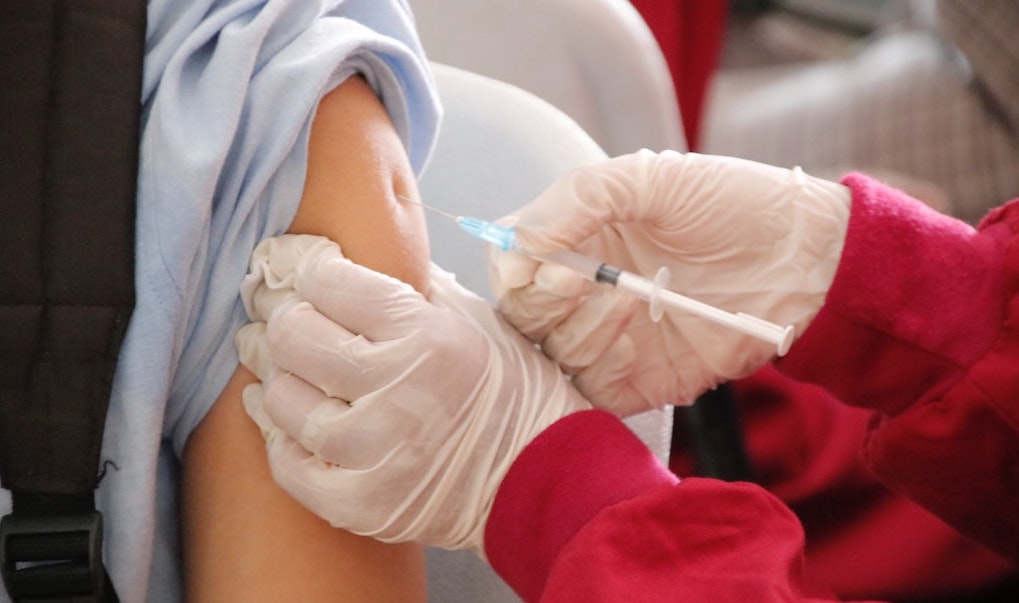Vaccination
Last updated: January 12th, 2025

What is Vaccination?
Vaccinations are a preventive measure that can help people not get sick in the first place. Whilst our immune system does a pretty decent job of keeping us healthy most of the time, there are a number of pathogens which can overwhelm the immune system and others that it simply does not recognise. In these cases, vaccinations can help the immune system learn about these pathogens so that it can deal with them more effectively.
How does it work?
Vaccines expose the immune system to a version of the virus which is safe enough for the body to deal with without overwhelming it. This can take different forms including a dead/inactivated form, a protein or sugar from the pathogen, or a weakened version of the pathogen. Most vaccines will come with two parts:
- Antigen - this is the weakened version of the virus
- Adjuvant - this tells the body that the antigen is dangerous and that it needs to get rid of it
Why get vaccinated?
Vaccines are taken as a preventive measure against known diseases. By taking a vaccine you can prevent contracting dangerous diseases which can otherwise have serious repercussions on your health, including death.
Vaccines do more than just help you, however. They also help the community by limiting how much diseases can spread, offering even more protection against new strains.
When should you get vaccinated?
Vaccines cover a wide range of diseases, including:
- Polio Vaccine
- Diphtheria Vaccine
- Tetanus Vaccine
- Pertussis Vaccine
- Hib (Haemophilus influenzae type b) Vaccine
- Hepatitis B Vaccine
- Hepatitis A Vaccine
- Measles Vaccine
- Mumps Vaccine
- Rubella Vaccine
- Pneumococcal Vaccine
- Varicella (Chicken Pox)
- Rotavirus Vaccine
- Human Papilloma Virus (HPV) Vaccine
- Meningitis ACWY Vaccine
- Meningitis B Vaccine
- Influenza Vaccine
A number of vaccinations are part of the National Immunisation Schedule whilst others are not. The schedule also determines at which age vaccinations are administered as well as special cases where certain vaccines not otherwise available under the National Immunisation Schedule are made available.
Another common occurrence where vaccinations is when they're administered as part of a travel immunisation procedure.
The Vaccination procedure:
Vaccination procedures vary depending on the vaccination being administered. Vaccines can be administered as standalone (single vaccine) or in combination with others, such as is the case with MMR for example; the MMR vaccine includes Measles, Mumps, and Rubella.
Some vaccines may also require a second shot and a booster dose which is a second (or third) shot given to support the previous shot. Vaccines can be administered in several ways including;
- Intramuscular - also known as IM, where the vaccine is injected into a muscle mass, usually glutes
- Subcutaneous - also known as SC where the vaccine is injected into subcutaneous fat
- Intradermal - also known as ID where the vaccine is injected into the topmost layer of the skin
- Oral - eliminates the need for needles and syringes through the use of oral administered drops
As a general rule, however, each vaccine has one delivery method and is non-optional.